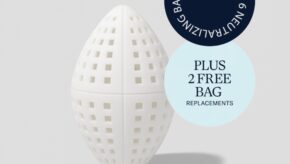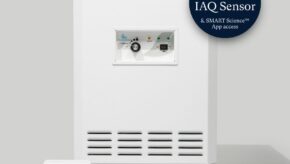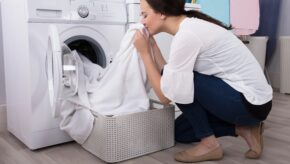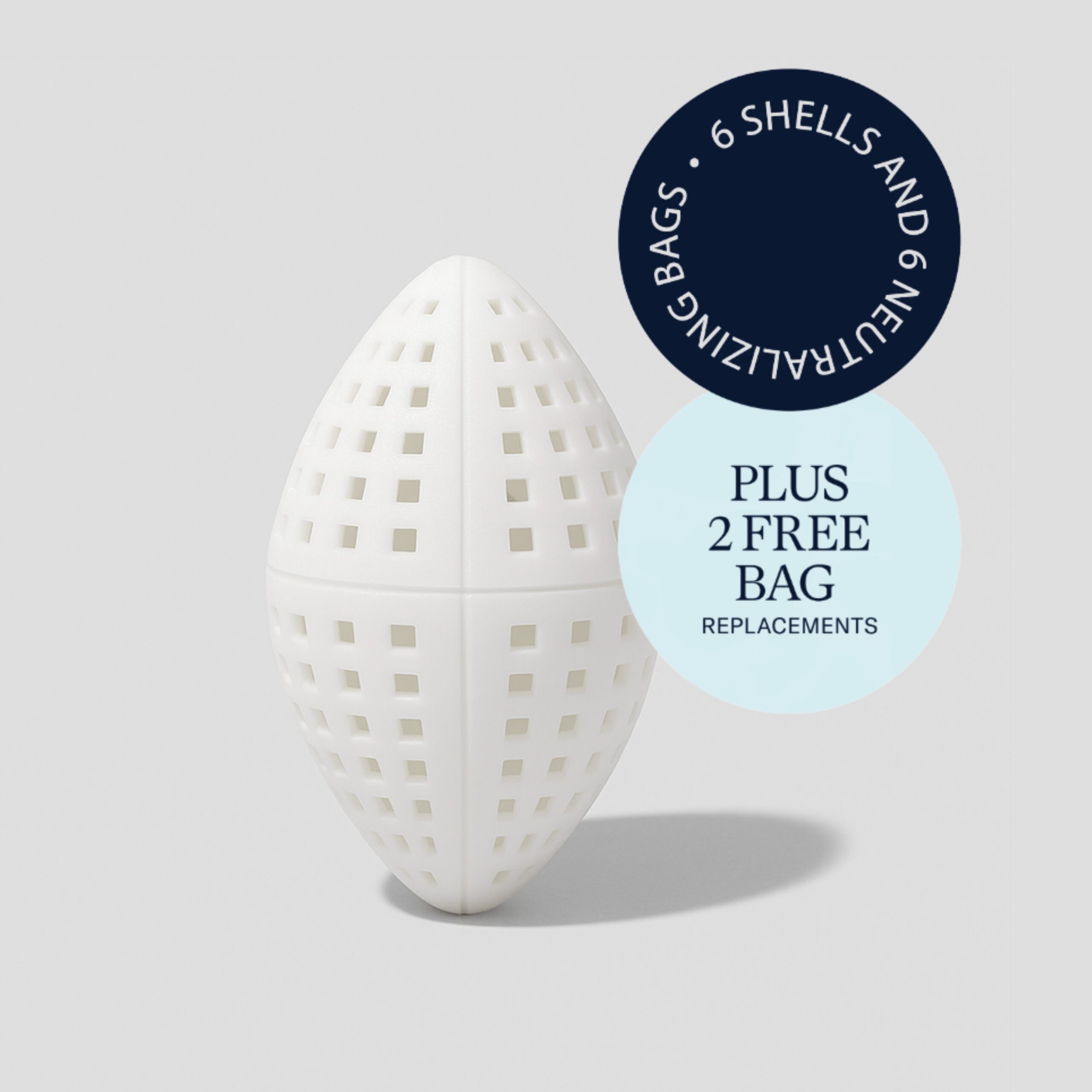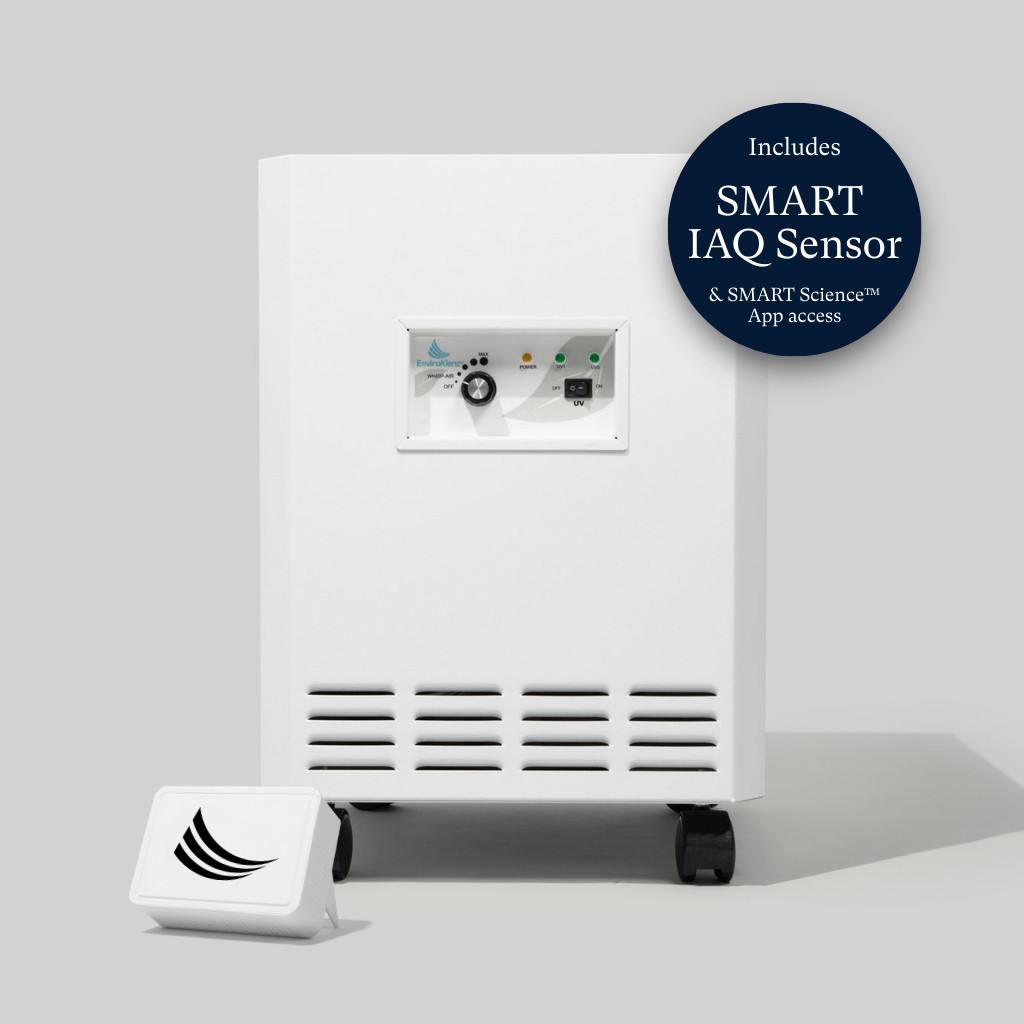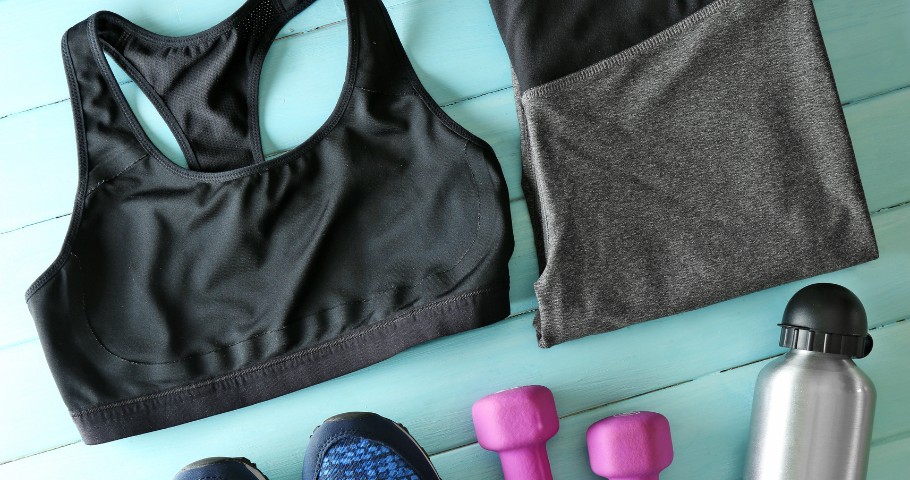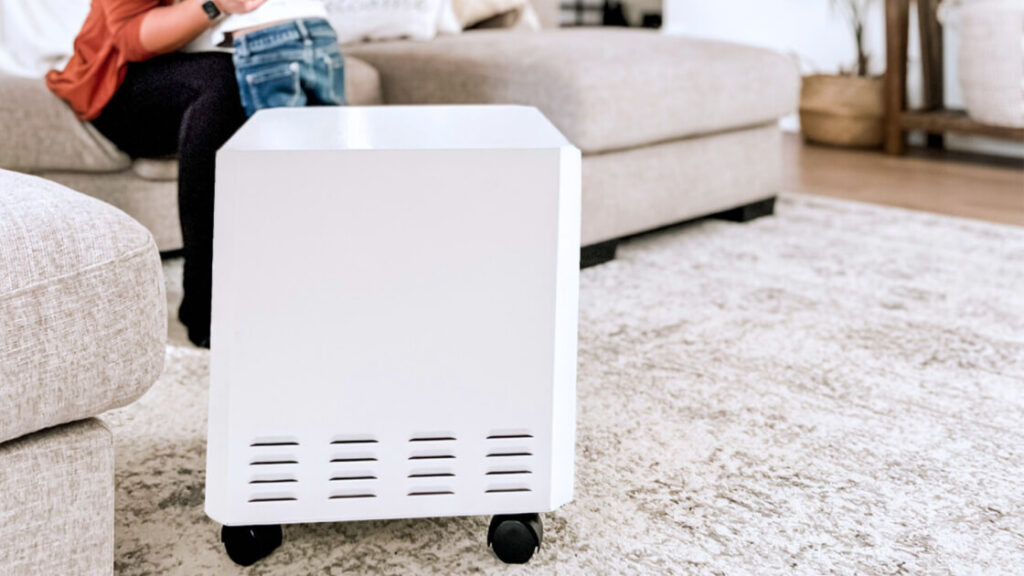As more people pay closer attention to the air they breathe indoors, air purifiers are often touted as the way to make our homes healthier. The worldwide market for home air purifiers expanded to 21 million in 2021, a notable jump from around 6 million units in 2015, showing that more people want air purifiers.
But with their increasing popularity, a big question arises: Do air purifiers work? In this article, we look at these air-cleaning devices, exploring their effectiveness and impact on various aspects of our well-being.
From helping with allergies and getting rid of mold to dealing with odors and even the unique challenges of COVID-19, we’ll dig into how air purifiers work and what they can do in real-life situations.
What Is an Air Purifier?
An air purifier is a nifty device that cleans the air we breathe, particularly in indoor spaces. It operates by drawing in air and passing it through one or more filtration systems, effectively trapping or neutralizing harmful particles and microorganisms and leaving you with cleaner air. To learn more about air purification, check out our beginner-friendly guide.
How Do Air Purifiers Work?
Air purifiers work by sucking in surrounding air in a room and cleaning it using special filters and purification technologies. Filters like HEPA catch small particles like dust and eliminate odors. Some purifiers use advanced methods like UV-C light to kill microorganisms or ionization to enhance particle capture.
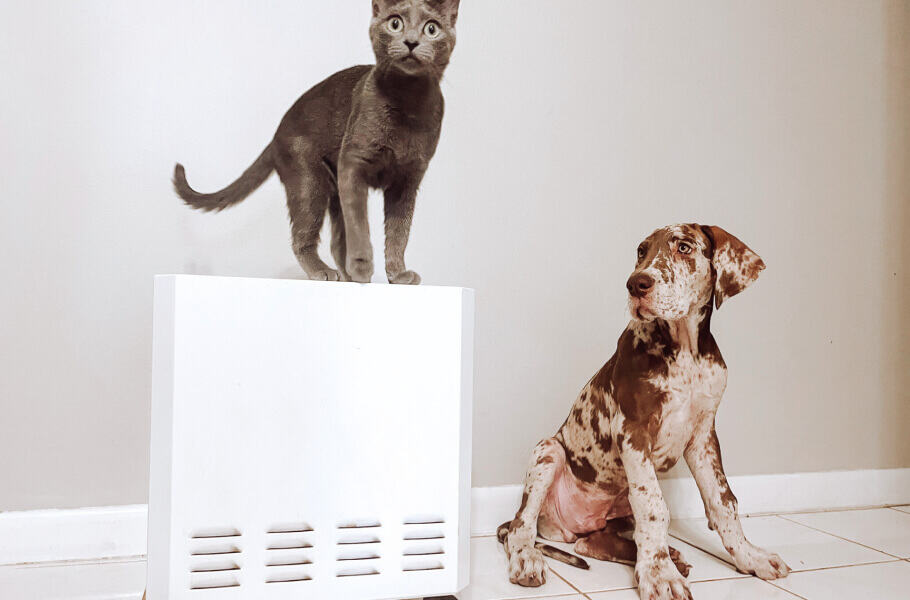
After this cleaning process, they release fresh and clean air back into the room, improving indoor air quality.
But do air purifiers actually work for conditions such as allergies, mold, smoke, and even Covid? Let’s see what impact they have on these specific concerns.
Do Air Purifiers Work for Allergies?
Air purifiers can make a world of difference for allergy sufferers. They relieve sneezing, itching, and congestion by removing allergens from the air. The key is choosing the right air purifier to effectively combat specific allergens.
- Models with HEPA filters. High Efficiency Particulate Air filters are widely recognized as highly effective for allergy relief. They capture small particles and particulate matter such as pollen, dust mites, and pet dander, effectively improving indoor air quality and relieving allergic reactions.
- Allergy-focused models. Some air purifiers, such as the EnviroKlenz Mobile Air System, are specially designed with allergy sufferers in mind. This purifier features a patented blend of earth minerals that not only obliterate harmful VOCs and pathogens, but also effectively address contaminants that even the finest HEPA filters may miss on their own.
Do Air Purifiers Work for Mold?
Mold can be a persistent issue in many homes, causing not only structural damage but also potential health problems. The good news is that air purifiers can help prevent mold growth in indoor spaces.
But exactly how do home air purifiers work to eliminate mold?
Purifiers equipped with HEPA filters can trap airborne mold spores, preventing them from settling on surfaces and reproducing. Additionally, certain air purifiers use UV-C light to sterilize and neutralize mold spores, preventing mold growth.
Do Air Purifiers Help for Smell?
Air purifiers are effective allies in battling unwanted odors and maintaining a fresh-smelling indoor environment. Some models use carbon filters to trap cooking and other household odors by absorbing them, while others employ bipolar ionization or HEPA filters to remove particles responsible for bad smells.
Do Air Purifiers Work for Smoke?
Air purifiers can help with smoke by getting rid of the odor-causing particles in the air. Depending on the type of purifier, these devices can either capture smoke particles or eliminate the smoke smell with special odor-removing technologies.
Also, air purifiers can reduce harmful PM2.5 particles in the air, making it easier to breathe when there’s smoke or cigarette smell in the air.
Purifiers that work best for smoke include:
- Models with HEPA filters
- Options with an activated carbon filter
- UV air purifiers
- Ionic purifiers
For the best results, consider investing in combination models that incorporate multiple filtration methods. A classic example is the EnviroKlenz Mobile UV Model, which combines a medical-grade H11 HEPA air filter and a first-rate Air Cartridge designed for comprehensive air purification, ensuring top-notch results.
Do Air Purifiers Work for COVID?
Air purifiers can lower the risk of COVID-19 spreading indoors by removing tiny particles and droplets that might carry the virus. This is particularly true for purifiers with HEPA air purifier filters, as they can capture SARS-CoV-2 particles, the virus behind COVID-19.
Do Air Purifiers Work for Dust?
Air purifiers effectively control dust because they eliminate airborne particles and allergens that contribute to dust, including pollen and pet dander. By lowering the number of particles wafting through the air, purifiers not only minimize dust but also relieve respiratory symptoms.
How to Choose an Air Purifier
When picking an air purifier, it’s crucial to weigh these important factors in your decision:
- Filtration type. Choose the right air filter (HEPA, UV, activated carbon, etc.) for your specific air quality needs.
- Room size. Match the purifier’s capacity to your room’s dimensions for optimal performance.
- Cost and maintenance. Consider the initial cost, filter replacement costs, and overall maintenance requirements.
- Noise level. Choose a purifier with a noise level that suits your comfort and usage.
- Features. Explore extra features like smart controls, air quality sensors, and timer settings for added convenience.
How to Set Up an Air Purifier
- Carefully choose its placement. Position the purifier in a strategic location, typically near the center of the room and away from obstacles that could obstruct airflow.
- Regularly clean the filters. Maintain efficiency by following the manufacturer’s guidelines for filter cleaning or replacement.
- Adjust the speed. Tailor the purifier’s fan speed to find the right balance between effectiveness and noise level for the room.
HEPA Filter Benefits: Why Do They Matter?
HEPA filters stand out by effectively eliminating a minimum of 99.97% of dust, pollen, mold, bacteria, and airborne particles as small as 0.3 microns. Their benefits include:
- Improving indoor air quality
- Alleviating respiratory symptoms
- Reducing allergies
- Removing harmful viruses and bacteria
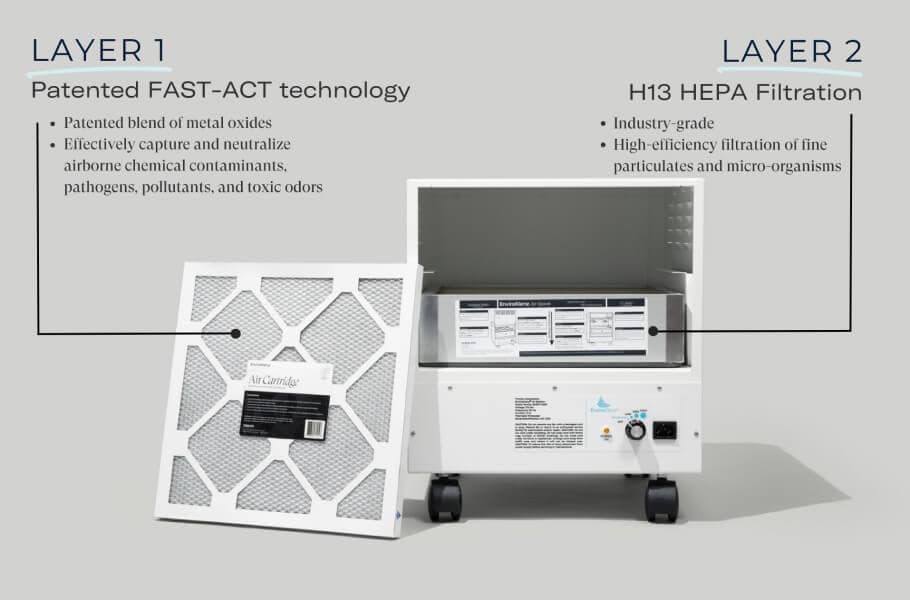
HEPA filters are most suited for places with high dust levels, pet fur, pollen, or indoor air pollution. They also help prevent COVID-19 by capturing virus particles, making indoor spaces safer.
Are Air Purifiers Worth It?
Investing in air purifiers can be worthwhile, especially when dealing with specific issues that these devices can effectively address. They offer a range of health benefits including:
- Reducing the risk of respiratory problems and alleviating symptoms for those with allergies, asthma, or other lung issues.
- Reducing allergic reactions by removing airborne allergens and airborne pollutants.
- Promoting a healthier environment and reducing the risk of illness by capturing viruses and bacteria.
- Improving indoor air quality and overall comfort through smoke and odor control.
Summary
Do air purifiers work? Indeed, they do. These devices offer health benefits by removing airborne allergens, dust, and indoor pollutants. They are particularly effective for allergies, mold, smoke, and even COVID-19.
Remember to choose the right type and maintain it to ensure optimal performance. Investing in a good quality air purifier is often worth it for improved indoor air quality.
